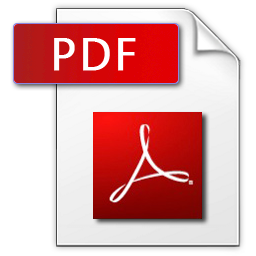Smart city evaluation using non-equilibrium statistical mechanics method

Zhou Zaohong
COMPUTER MODELLING & NEW TECHNOLOGIES 2014 18(12C) 1170-1175
School of Tourism and Urban Management, Institute of Poyang Lake Eco-economics, Jiangxi University of Finance & Economics, Yuping Str, 888, Nanchang city in jiangxi province, China
In recent years, with the rapid development of network information technology, such as IoT, cloud computing, big data and so on, smart city presents a development trend of networking, distributed, intelligence and systemization. Because smart city system is a dynamic, complex, distributed, uncertainty and heterogeneity system, in which sub-element has large influence on each other in the respective field. More research should be done to smart city, especially in the development evaluation. In this paper, we firstly define and put forward the physical model of complex smart city system which includes smart people, smart economy, smart mobility, smart environment, smart living, smart governance,. Then, a non-linear information dynamics mode for integrated smart city evaluation is introduced based on the maximum flux principle during the modeling process. The integrated evaluation frameworks of smart city can be done by giving reasonable weights of each influence factors to stabilize the system. Finally, using empirical analysis method, we obtain the ideal results to prove the correctness and efficacy of the evaluation model.
